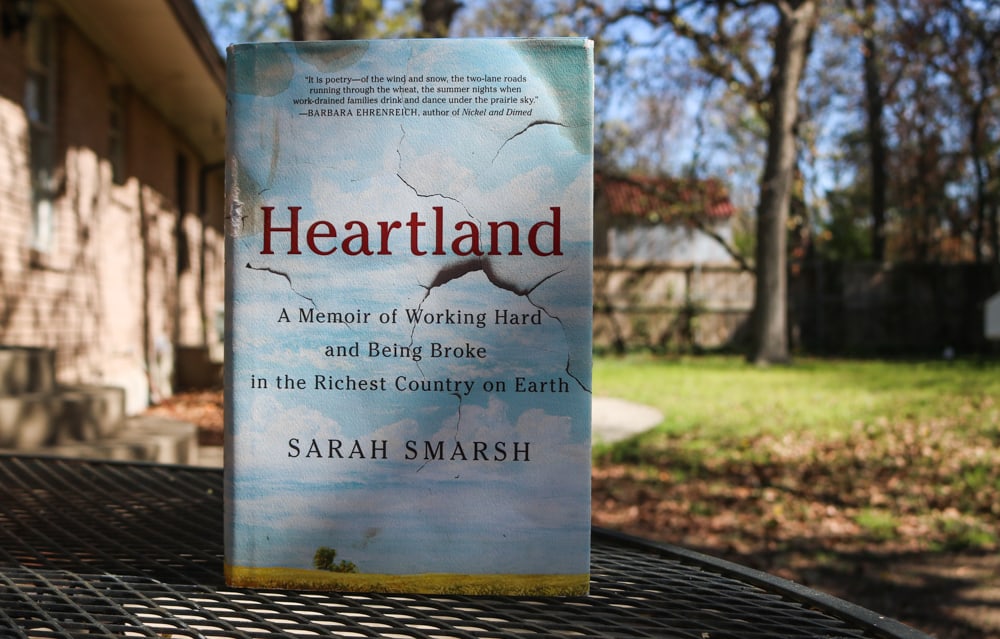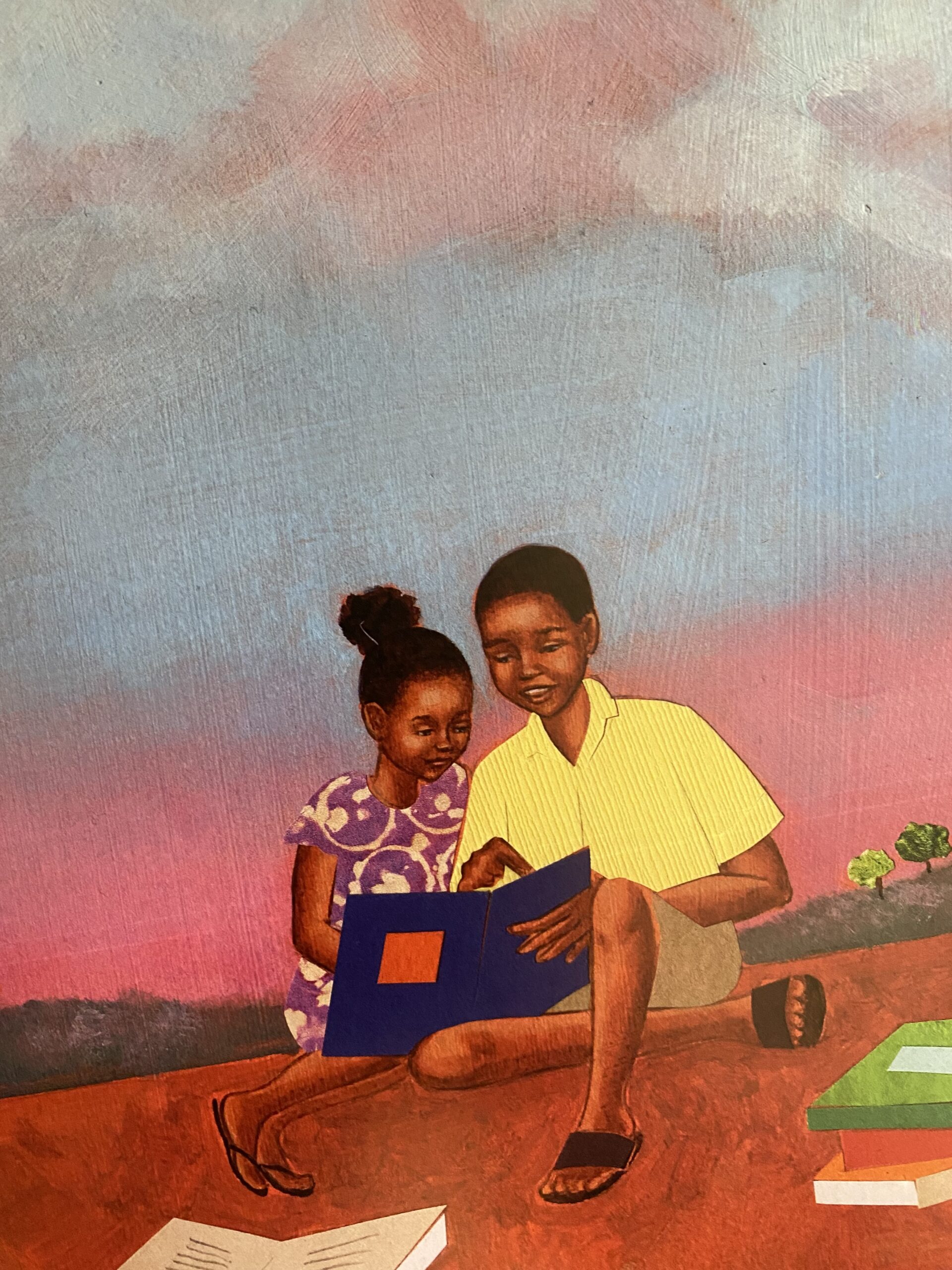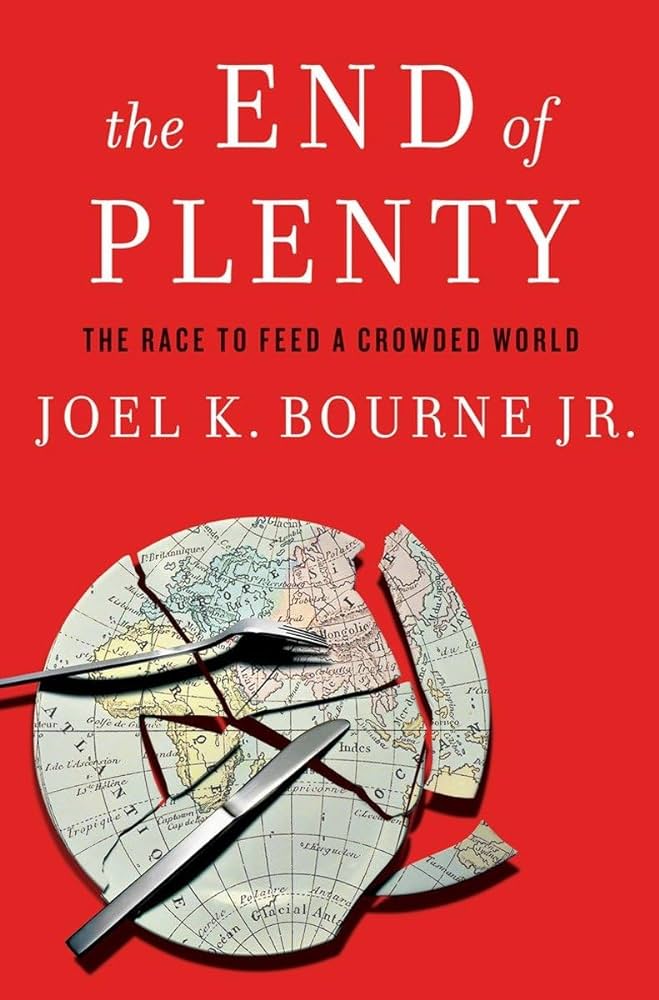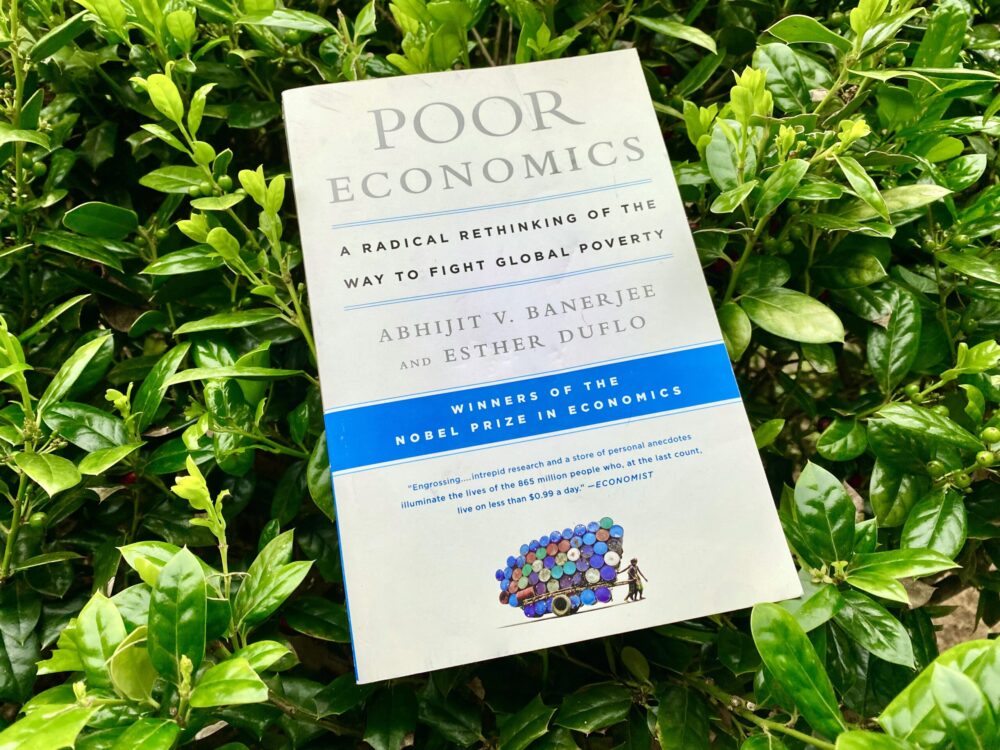Poverty Myths: Reading Heartland


Heartland by Sarah Smarsh isn’t a book about Malawi, but it is a book about poverty. Smarsh writes about growing up in the United States among the rural working poor. Her story isn’t the story of every poor American, nor every poor person in the world. Smarsh tells only one story: her family’s story. Weaving in research and history, she investigates American poverty myths. These myths are specific to the US, yes. But they also affect global perceptions of poverty. This is important to examine.
Poverty Myth #1: The poor remain poor because they are lazy.
No one in Smarsh’s family was ever not working. They worked wheat fields, construction sites, highway diners, county court offices, and retail stores. The labor of being poor takes different forms than traditional work, too. The constant hustle. The bill-counting on weekends. The fireworks stand on the county line for extra cash. In Malawi, the extra work is a two-hour walk to the health center. A one-hour walk to the water well. A garden. A popup stand at the market.
Poverty also demands psychological labor. In Malawi, this labor is intensified by hunger. Farmers ask themselves, “Will there be enough rain for the crops to grow? But not too much rain to flood the fields? Will I have enough food to survive the hungry season?” Hunger affects mental health, breeding anxiety and depression. Stress is a type of work. It is a work that takes a toll on both the body and the spirit.
Poverty Myth #2: Working hard leads to getting rich.
Smarsh wants to assure that her rags to riches story is the exception, not the norm. She writes, “You can pay an entire life in labor, turns out, and have nothing to show for it. Less than nothing, even: debt, injury, abject need.”
In Malawi, this is also the case. We call it the poverty trap. When living in poverty, working hard is rarely enough to get ahead. Families experience a slew of setbacks, even as they work to grow their income: Dry seasons. Flood seasons. Unexpected illnesses. Medical costs. Lack of transportation. Unaffordable schooling. The list goes on.
Smarsh explains, “Study after study that I found in my research plainly said in hard numbers that, if you are poor, you are likely to stay poor, no matter how hard you work.”
Poverty Myth #3: Aid dissuades the poor from working.
“No one loathed the concept of “handouts” more than the people who needed them,” Smarsh writes. In 1989, her family benefited from free school lunches, their first-ever health insurance policies, and after school care—all paid for by the state. “Meanwhile,” Smarsh says, “Mom was working her ass off.”
In the US, critics are skeptical about government welfare. In Africa, critics are skeptical about foreign handouts. The logic behind these critiques is the same: if we give the poor what they need, they won’t be motivated to work for it on their own. But is this the case? How possible is it to excel when you don’t even have enough to survive? When you are hungry? When you are sick and cannot afford care?
If we make it possible for people to meet their basic human needs, what then will they be capable of?
Jacqueline Novogratz says, “the opposite of poverty is not wealth, but dignity.” If she’s correct, and at Orant we believe she is, aid will not prevent the poor from working. Aid will empower the poor to work toward otherwise impossible dreams.




